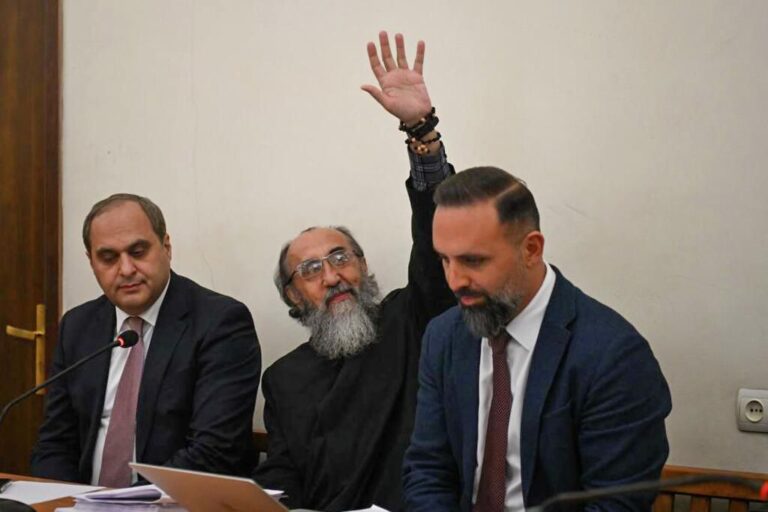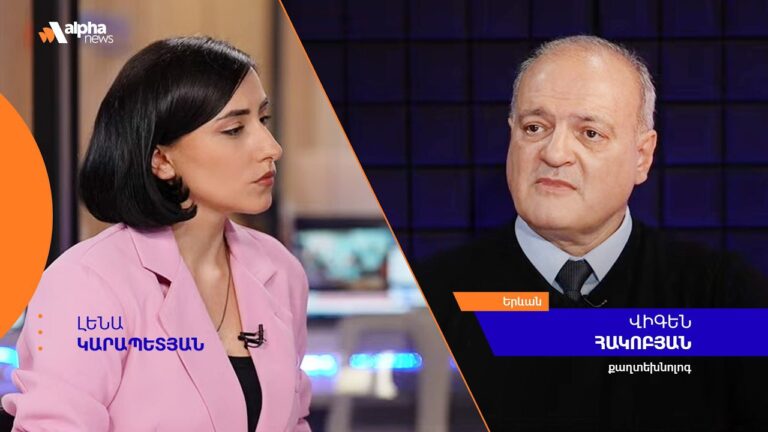Pashinyan’s superficial views vs. growing regional challenges
September 19 2024, 12:45
An important quality of a politician should be the ability to conform to the spirit of the times, the spirit of the era. This is their strength. This is also the strength of the entity that he directs or represents. In the context of what has been said, let’s see what is happening around us today.
A remarkable event took place the day before, with the Secretary of the Russian Security Council, Sergei Shoigu, paying an unannounced visit to Tehran. The event is noteworthy not only because it takes place amid certain tension in the information field between Russia and Iran due to Tehran’s concerns about the “Zangezur corridor,” but also because the last time Shoigu visited Iran was on August 5th. What could have happened that Shoigu needed to visit Iran for the second time in the last six weeks?
As you know, Moscow and Tehran are preparing to sign a large agreement on strategic cooperation. Last week, the Secretary of the Supreme National Security Council of Iran, Ali Akbar Ahmadian, visited Russia and, apparently, passed on a number of proposals for the respective agreement. After that, Shoigu flew to Iran, and the day after his visit, Iran announced the signing of a partnership agreement during the trip of Iranian President Masoud Pezeshkian to Russia. The trip is scheduled for October. The Iranian leader will attend the BRICS summit.
Sergei Shoigu’s visit to the region is also important in terms of the latest regional intelligence activity of the United States and Great Britain. On September 6, Patrick Prior, US Defense Intelligence Agency’s Chief of Europe Eurasia Regional Center, visited Azerbaijan, and on September 16, Richard Moore, the Chief of the British Secret Intelligence Service (MI6), flew to Azerbaijan.
Given the capabilities of MI6, their intelligence network around the world, which, for example, is able to organize, together with the Israeli special services, the explosions of hundreds of pagers in Lebanon with the formally declared goal of killing Hamas members, it would not be surprising if, after Moore’s visit, the Transcaucasian region can also expect problems. In this regard, Shoigu’s visit is also necessary to demonstrate that Moscow “keeps its finger on the pulse of events.”
And only Nikol Pashinyan, in the current realities, is busy with the fact that he is still discovering the world around him and the essence of international relations, as he wrote on his social media the day before. Pashinyan complained that “our ideas about the world and international relations remain superficial.” It is safe to say that by saying “our,” he meant his own ideas. Moreover, with his statement, Pashinyan said that he still does not understand what the world wants from him.
He did not understand, or did not want to understand, while stating that “the government he heads is pursuing a balanced policy.” The policy is so balanced that we have already lost Artsakh because of it, and we are also on the verge of losing the statehood of Armenia itself. In other words, Pashinyan’s superficial ideas about international politics are a threat to national security in the context of regional processes. Armenia may seriously suffer if the quality of governance does not change…
It was not enough that the authorities filled the political agenda of Armenia almost all summer and early fall with their bike rides and reflections on the ability of the Armenian people to eat quickly, so even today, Pashinyan decided to finally destroy all the foundations of Armenia’s security system: from military-political to energy.
Pashinyan actually announced Armenia’s rapid withdrawal from the CSTO, accusing the organization of posing a threat to Armenian statehood, declared his readiness to satisfy Ankara’s long-standing demand and close the nuclear power plant by building a modular station instead, and also announced the potential possibility of purchasing gas from Azerbaijan. All this means the destruction of the system that prevented Ankara and Baku from annexing the territory of Armenia, as well as the willingness to give Azerbaijan a lever of energy pressure on Armenia so that controlling the “gas pipe” it would be easier to repeat with Armenia what it did with Artsakh a year ago, starting everything with an energy blockade…
By the way, it is noteworthy that Pashinyan read the manifesto on the readiness to dissolve Armenia the day before the first anniversary of ethnic cleansing in Artsakh…
Think about it…








